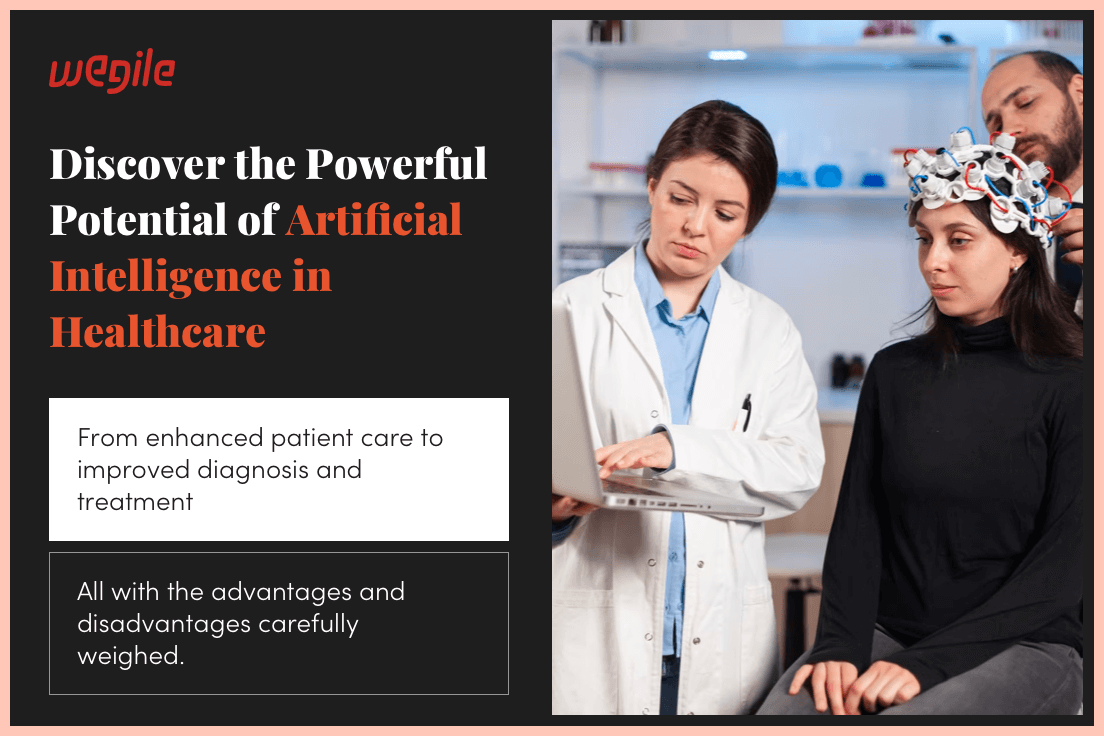Insights/ AI
By: Sumit Oberoi | 12 Min Read |
Published: July 06, 2023 | Updated: January 16, 2026


Founder & CEO of Wegile
Sumit Oberoi leads Wegile with extensive expertise in web and mobile app development, system architecture, and IT strategy. His deep technical knowledge elevates Wegile’s thought leadership across topics like generative AI, fitness apps, and digital innovation.
Share this article:
MOHALI
E41 Industrial Area, Phase 8, Mohali - INDIA 160071
Pune
813, Global Business Hub, Near WTC, Kharadi, Pune, Maharashtra 411014
New York
1270 Avenue of the Americas 7th Floor New York, NY, US 10020
MOHALI